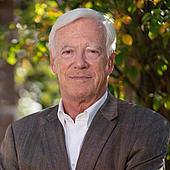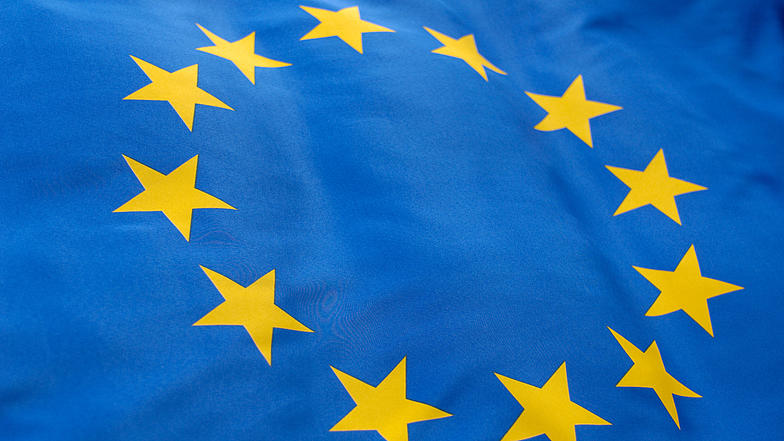On 1 January 2021, Portugal took over the Council Presidency from Germany. Unlike the German Presidency the Portuguese Council Presidency decided to accept in-kind sponsorships. foodwatch has written a formal letter to the Portuguese Ambassador, Nuno Brito, demanding to reverse this decision and asking for clarification of why the sponsorship from drink companies are needed during a health crisis, when people are unable to meet in person.
Portugal has decided to have in-kind sponsorship from coffee supplier Delta Cafes and sumol+compal, the representative of Pepsi, Gatorade and Lipton among others, and more recently the paper company Navigator.
The decision to take on corporate sponsorship is a provocation to the EU Ombudsman Emily O'Reilly, who, following complaints from foodwatch, recommended last year that "the use of sponsorship by the Presidency poses reputational risks that the Council should address."
Virtual drinks?
In a letter to the Portuguese Ambassador, Nuno Brito, director of foodwatch International Thilo Bode calls the decision of the presidency a step in the wrong direction. We therefore ask for clarification. Why is this sponsorship necessary? Certainly because at the time of Covid-19, Portugal indicated earlier that physical meetings will not take place.

Portugal has chosen to promote two companies that work as multinationals during its term at the helm of the European Union at a time when trust from European citizens is more crucial than ever.Director of foodwatch International
We are referring to a letter from Ambassador Brito in November 2020, who noted at the time that the events were on hold. Bode responds: "Allow me to ask whether the Portuguese Presidency is therefore organising meetings of such a size that the cost of a cup of coffee or a drink is too high to be covered internally? Or, if such events are not organised, can you explain why the logos of these two companies appear on the Presidency's website?"
Sponsorship vs. public procurement
Referring to a Portuguese presidency statement to EU Influence (weekly newsletter by Politico) last week that the details of the sponsorships would be published in the country’s public procurement portal, Bode wrote that “if it is indeed public procurement then the logos can be removed from the website — it cannot be both public procurement and sponsorship — it must be either one or the other.”
Presidency response: “Under Portuguese law, sponsorship contracts are also considered public contracts, thus governed by legislation on public procurement,” a spokesperson for the Portuguese presidency told EU Influence, adding that “there are no costs involved in these contracts.”
According to the spokesperson there would be no events on hold and the Presidency intends to organise all planned events and meetings, whether in person or digitally. In-kind sponsorship would be provided to meet the needs of those participating in all kinds of events and meetings taking place at the Presidency headquarters.
Under surveillance
We ask the Portuguese Council Presidency to take immediate steps to reverse this decision and to advance the discussions and agreement at the Council to ensure that such arrangements between a country representing an EU institution and a corporate body cannot be made in the future.
The practice of seeking private sponsors to support the six-month rotating Presidency of the European Union is under surveillance and will not be closed until there are rules in place to stop corporations buying influence of our politicians and decision makers.
